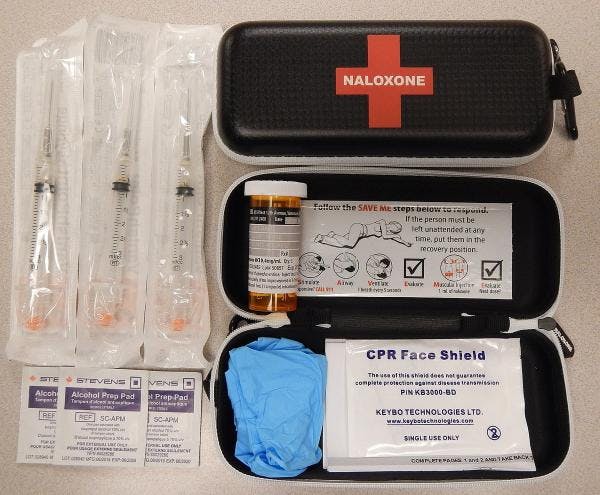Wikipedia - James Heilman, MD - CC BY-SA 4.0 - https://commons.wikimedia.org/w/index.php?curid=52872570
Très prometteur : Le premier système complet de prescription d'héroïne au Royaume-Uni a été étendu, suite à une réduction de la criminalité et du nombre de sans-abri
Le Royaume-Uni renouvelle son programme visant à fournir aux usagers d'héroïne un approvisionnement sécurisé de cette substance, tout en leur offrant des services de santé, après que les résultats aient montré une baisse quasi totale des achats illicites. Pour en savoir plus, en anglais, veuillez lire les informations ci-dessous.
By Andy Gregory - The Independent
The UK’s first fully-fledged scheme to provide heroin users with a safe and legal supply of the drug has been extended for a further year, after showing “very promising results”.
Heroin-assisted treatment has been used successfully for decades in Switzerland, based in part on Britain’s long-forgotten model of heroin prescribing, and despite “impressive” UK trials, government funding for post-pilot schemes was removed in 2015.
But in Cleveland and Glasgow, police and local health experts have pushed in recent years for the creation of two of the UK’s first fully-fledged centres, both of which are now up and running, providing access to medical-grade diamorphine twice per day and to wider social support.
Campaigners celebrated the first “dramatic” results from Middlesbrough’s scheme on Wednesday, which found a vast reduction in re-offending rates and use of street drugs, and significant improvements in participants’ health and quality of life, including seeing those homeless at the outset placed in accommodation.
Thirteen of the city’s most at-risk heroin users, who had found other treatments unsuccessful and were of concern to criminal justice agencies and health services, accessed the programme – which will now be largely funded by money seized from criminals. Eight remain, while five dropped out or were suspended.
Researchers studied six of the participants over 29 weeks in the programme, who prior to the scheme had been responsible for at least 541 crimes at an estimated cost to the public purse of £2.1m. Between them, they committed just three lower-scale offences over 29 weeks of treatment.
